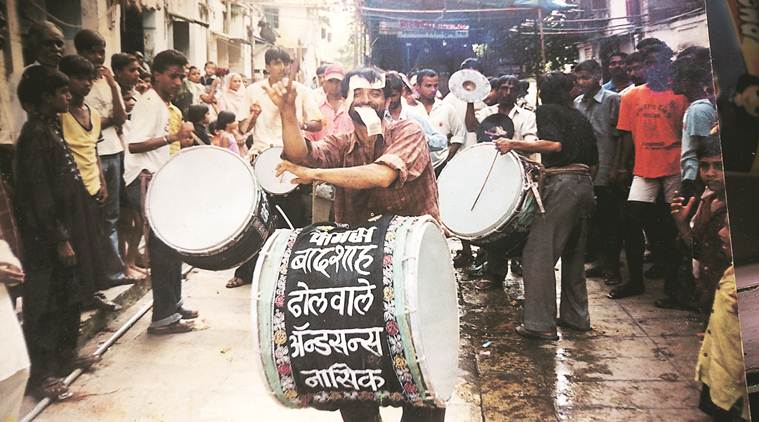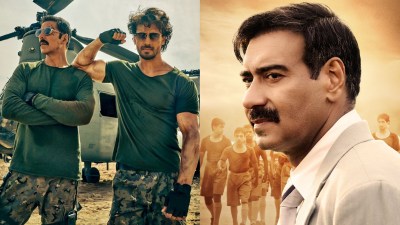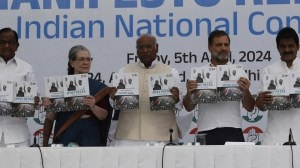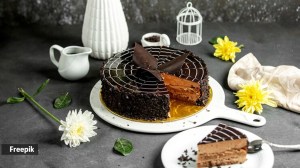- India
- International
Sound of faith: Nashik’s Muslim drummers pray their music binds communities
Khalil says while they have never faced any hostility for their faith in the past, the instances have increased where being Muslim has caused problems for them.
 Muslim drummers have been playing the Nashik dhol for decades, mostly during Hindu festivals, receiving tremendous love and respect from patrons.
Muslim drummers have been playing the Nashik dhol for decades, mostly during Hindu festivals, receiving tremendous love and respect from patrons.
THE NASHIK dhol has enthused generations of revellers and brought their skilled percussionists national fame. The thunderous beats of the double-sided barrel drum and clanging cymbals were a common sound in most festivities, including Ganesh festival or even political rallies held in Maharashtra.
But over the past five years, Khalil Ansari, a master proponent of the Nashik dhol, has been forced to learn some tough and uncomfortable lessons in the face of the changing socio-political situation of the country. He has witnessed growing incidents of churlish behaviour in some of his patrons against Muslim drummers.
“Our family has been playing the Nashik dhol for the past five decades, mostly during Hindu festivals. We have received tremendous love and respect from our patrons. However, in the last few years, our Muslim identity seems to have become a hurdle in getting business,” says Khalil, owner of the Nashik-based Badshah Dhol Company.
The dhol, a double-sided barrel drum, and tasha, a kettledrum, have long been used in the state to play martial music during wars. The Nashik dhol was deemed a new style of drum playing started in the 1950s by Badshah Ansari, who brought in elements of showmanship and acrobatics into his largely freestyle form.
His group members’ rock star hairstyles and rhythmic patterns brought them instant fame that transcended from Nashik to states like Gujarat and Rajasthan. As business boomed, more people were attracted to the art and new band parties opened shop. A majority of the earlier drummers from Nashik were all Muslims.

“We played in almost every big Ganpati pandal in Mumbai. We were in high demand in Rajasthan as well. The demand was so high that we had to set up offices in Rajasthan to cater to our clients. We played in temples, during Hindu weddings, even Shiv Sena rallies,” says Khalil, the son of Badshah Ansari.
Khalil says while they have never faced any hostility for their faith in the past, the instances have increased where being Muslim has caused problems for them.
“Some of us have faced problems. Recently, a band was not allowed to play after some youngsters found out that we were Muslims. They threatened to break our legs if we did not leave the place. Such incidents are rare but are disturbing nevertheless,” Khalil says.
Other drummers like Salim Ansari say even though they have never been personally attacked, they end up becoming pawns in the communal and ill-natured behaviour of some of their patrons.
“I have not been targeted for being a Muslim but sometimes I too have experienced that when people hire us for processions, some of them ask us to play louder and for a longer time in front of mosques. I realise that they are doing this to provoke and tease people. I play drums to earn money, but at the end of the day if your art is being used to foment trouble you feel bad about it,” says Salim.
The success of the Nashik dhol has spawned many imitators. With new bands cropping up in cities like Mumbai and Pune, the business of the original patrons has declined. Despite numerous cheaper imitators, there are still those who are loyal and ensure that the original boys from Nashik are hired for performing during their festivites.
“Even if we hire 10 bands, most of the boys in our Ganpati processions choose to dance to the beats of the Nashik guys. Tunes can be copied but their style is something that people have not been able to imitate so far and that is what makes them unique,” says Suhas Kelkar, who organises Ganesh festivites in Sanpada.
Despite the hostility from some quarters, Khalil says they have no plans to quit playing during Hindu festivites.
“In which other country can Muslim artists have the freedom to welcome and perform before Hindu deities? I hope what we do helps in mending growing differences between communities,” Khalil says.
Apr 25: Latest News
- 01
- 02
- 03
- 04
- 05








































